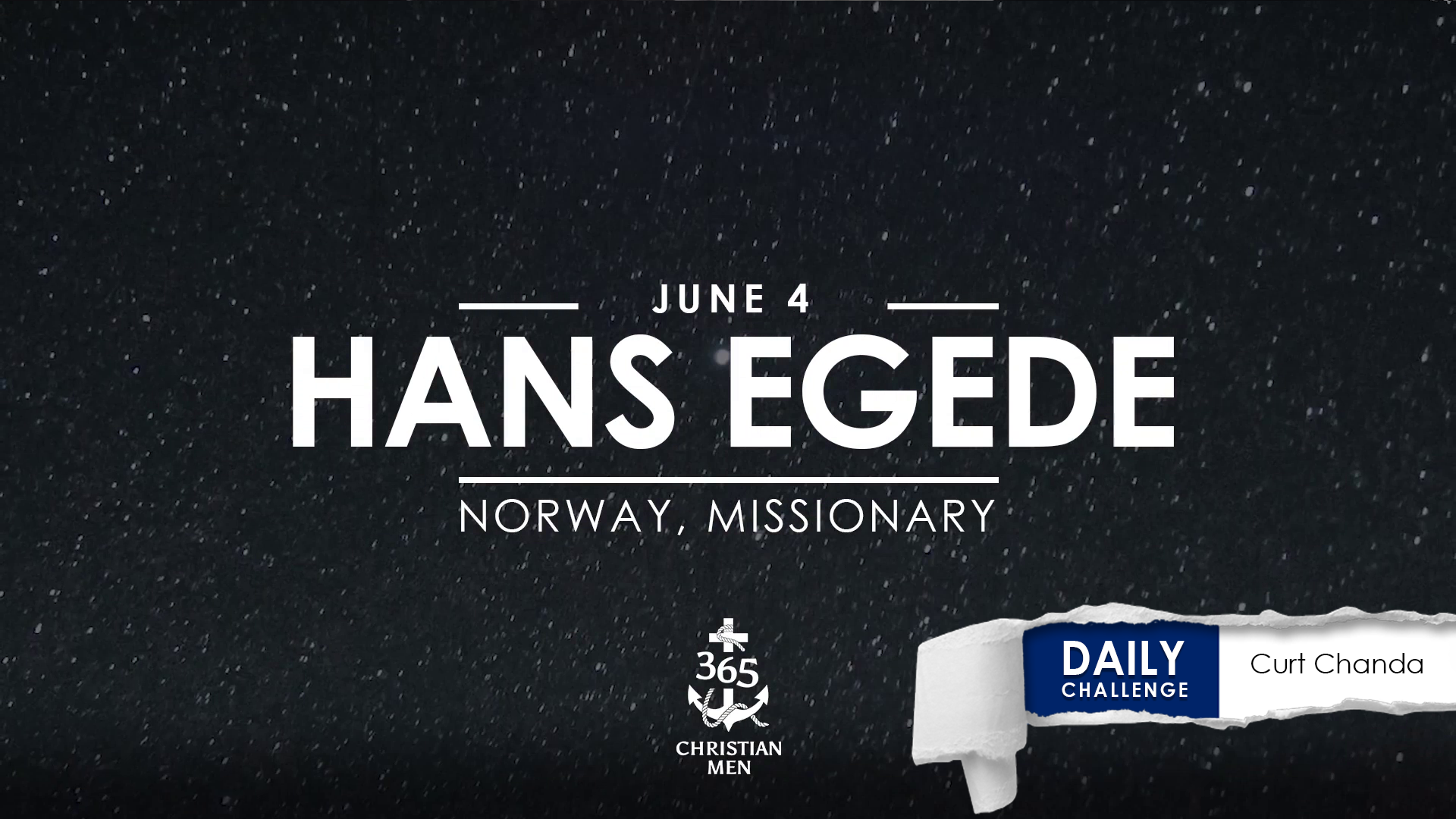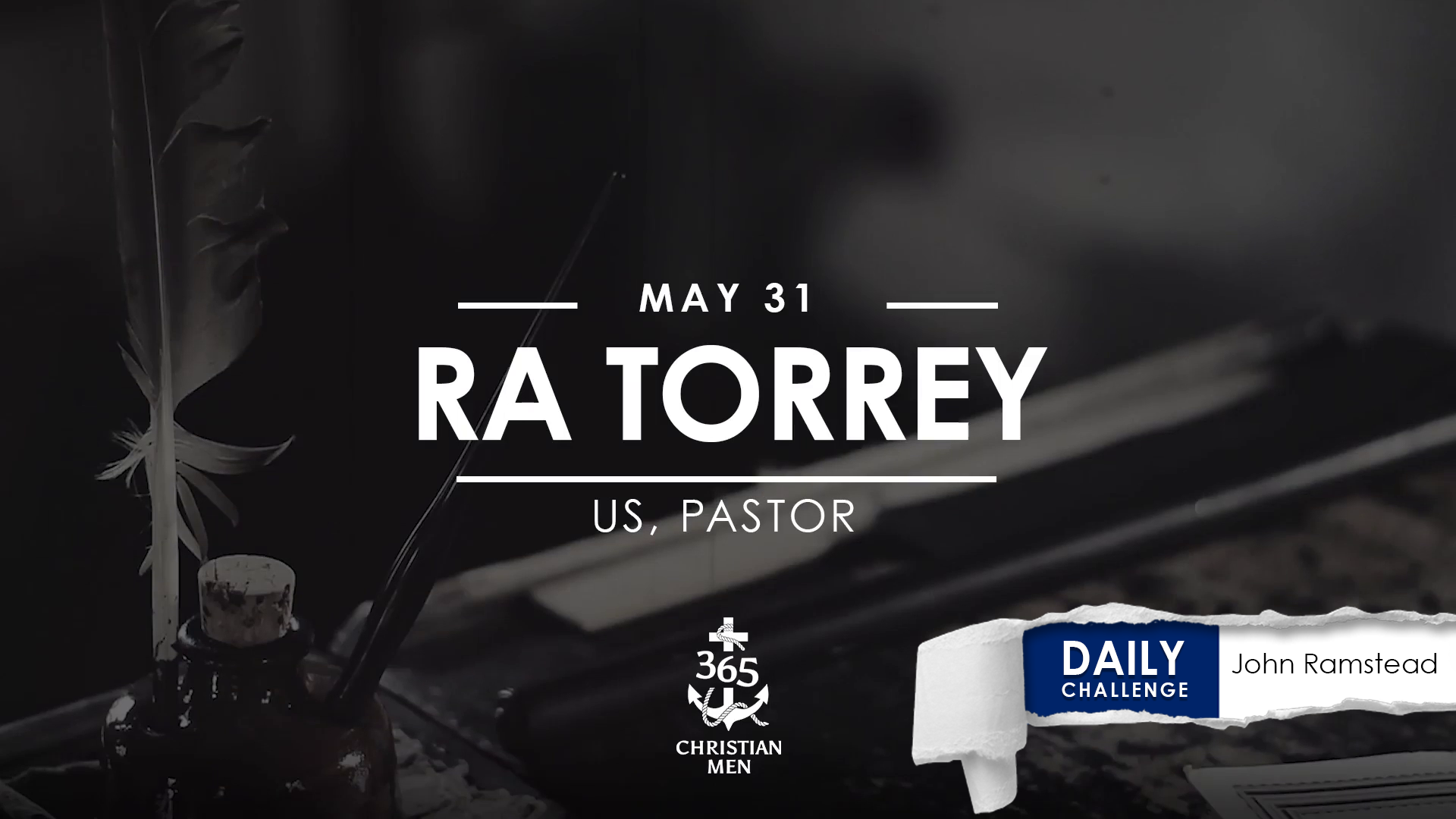June 9. Geoffrey Studdert Kennedy. Geoffrey volunteered as a chaplain to the British Army when World War I broke out. On this date in 1917, he went into battle to support the soldiers, and he was later awarded the Military Cross.
Wait until you hear how he supported the soldiers.
Geoffrey also wrote poetry with the same outrageous irreverence he pastored his men. He started one poem: “Our Padre were a solemn bloke, We called ’im dismal Jim.” Let’s see what kind of padre he was.
God can turn every act of service you do into a Kingdom win.
When World War I broke out, Geoffrey served as vicar of St. Paul’s Church in a poor parish in Worcester. He called for a replacement and volunteered to serve as an army chaplain.
But while he waited for approval, the army asked him to pastor at a nearby training barracks that would train 10,000 soldiers during the war. And Geoffrey preached to them in the open air.
These thousands—these were men who had only attended because they had been ordered to. These were men who knew they may be going to their deaths. These were men Geoffrey led to the Savior. And he gave them Woodbine Cigarettes.
On December 21, 1915, Geoffrey got assigned to an army unit. “Within four days, he was conducting a Christmas Day service in a village square in France. The rain poured down on 400 soldiers.”
Early on, he worked in a large shed beside a railway, which was turned into a canteen. Soldiers came through in batches on their way to the Front, and they waited in the canteen for their trains, about a twenty-four-hour wait.
He preached to them and wrote home for them and climbed onto a wooden box and sang to them—“Mother Macree” and “The Sunshine of Your Smile.” He helped them pray for those they were leaving behind. And he handed out Woodbine Cigarettes to them.
He also pastored soldiers housed in town, and he was enraged they had to deal with alcohol and sex. He said, “Lord, how angry it makes me—this attack on men in the rear. Better the guns of the Germans than the temptations of the devil.”
Soon Geoffrey’s whole parish was sent into battle, and he knew he had to go with them. But his irreverent joking and open smiling and cigarette passing didn’t mean he was immune to the terror. He said, “Fear came. There was a pain underneath my belt. Of course, I had to go [into battle with them]. It was the parish.”
And every time they went over the top, Geoffrey was with them. He prayed with them, he helped them stay strong, and he handed out Woodbine Cigarettes.
In the dark they crawled through trenches and inched forward toward the enemy. “I whispered some inane remark as I passed by,” Geoffrey said, “and was rewarded with a grin which even darkness could not hide,” and often a soldier muttered, “‘Gaw blyme me if it ain’t the padre!’ Vaguely I felt that this journey was worthwhile.”
One day a soldier named Mayfairy dragged himself off the line. He was low on morale, and here came the chaplain. Oh, brother.
Wary of the silly little parochial God, Mayfairy got ready for the blasted chaplain. Guys like him carried around religion like pretty pink pills right in the middle of this hellish war.
But the chaplain introduced himself as Woodbine Willie, as most of the guys called him, and Mayfairy was stumped. Soon he realized Geoffrey was for real and believed what he said.
When the troops were discussing plans for the following day, a risky offensive on the front line, Geoffrey came in. “I am going over the top with you, boys,” he announced jovially.
The soldiers said he didn’t have to do that.
Mayfairy and a few others said he shouldn’t do that.
“I dare not ask you men to face what I would not,” he said. Recognizing the fear that accompanied such danger, he added, “And I know you would like me to be beside you.”
The following day, alongside the troops, including Mayfairy, Geoffrey rushed into battle. The men fought fiercely, and many were killed or wounded. Geoffrey stooped and spoke to the fallen, prayed with them, offered them cigarettes. Seeing Geoffrey’s resolve, Mayfairy’s heart was further opened to anything the man had to say.
“Dear children, let us not love with words or speech but with actions and in truth” (1 John 3:18 NIV).
What is one practical way—or one unconventional way—you might serve someone today, and in so doing, show the love of God? God can turn every act of service you do into a Kingdom win.
Holman, Bob. Woodbine Willie: An Unsung Hero of World War One. Oxford, England: Lion Hudson, 2013.
Studdert Kennedy, Geoffrey. The Hardest Part. London: Hodder and Stoughton, 1919.
Do You Want to Learn More About This Man?
A tablet to his memory lay in the Military Chapel inside Worcester Cathedral.
It is inscribed:
Geoffrey Anketell Studdert Kennedy M. C.
A poet: A prophet a passionate seeker after
truth: An ardent advocate of Christian
fellowship. Chaplain to H. M. King George V.
Chaplain to the forces.
Rector of S. Edmund
King and Martyr in the city of London
Sometime vicar of S. Pauls in this city
Born 27 June 1883. Died 8 March 1929.
















